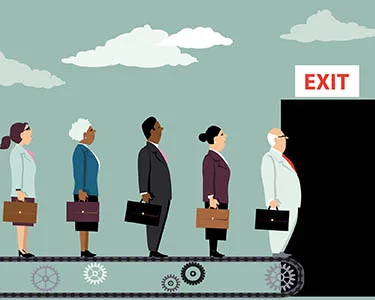Originally posted to KornFerry.com on February 10, 2021.
Unlike some of their younger, lower-level peers, CEOs most likely haven’t spent the pandemic working in a cramped apartment with roommates. They probably carved out a comfortable space for work at home, if they didn’t have a home office already, complete with all the hardware and software needed. They most likely haven’t had to move back in with their parents or stretched in other ways to save money, either.
Yet even without having to deal with many of the more common pandemic struggles, an overwhelming and surprising number of C-suite executives say the toll on them personally has been dramatic. Indeed, 85% of top bosses around the world say they have had significant challenges adjusting to remote work, versus 77% of all employees who say the same thing, according to a new survey from the business software giant Oracle. More than half, 53%, say they have struggled with mental health issues, compared to 45% of all employees.
While the numbers may sound surprising, experts say the reasons behind the high levels of anguish around remote work are not. CEOs, CFOs, and everyone else at the top of the corporate ladder have lost the ability to interact physically with employees, customers, investors, and other stakeholders. Connecting this way is a key facet of their leadership skills, and in many cases, helped propel them to the top of the corporate world in the first place. It’s been particularly difficult for CEOs who normally work in large corporate offices or who derive energy from speaking to large groups. “People get inspired by those who are around them,” says Tierney Remick, a Korn Ferry vice chair and coleader of the firm’s Board and CEO Services practice.




